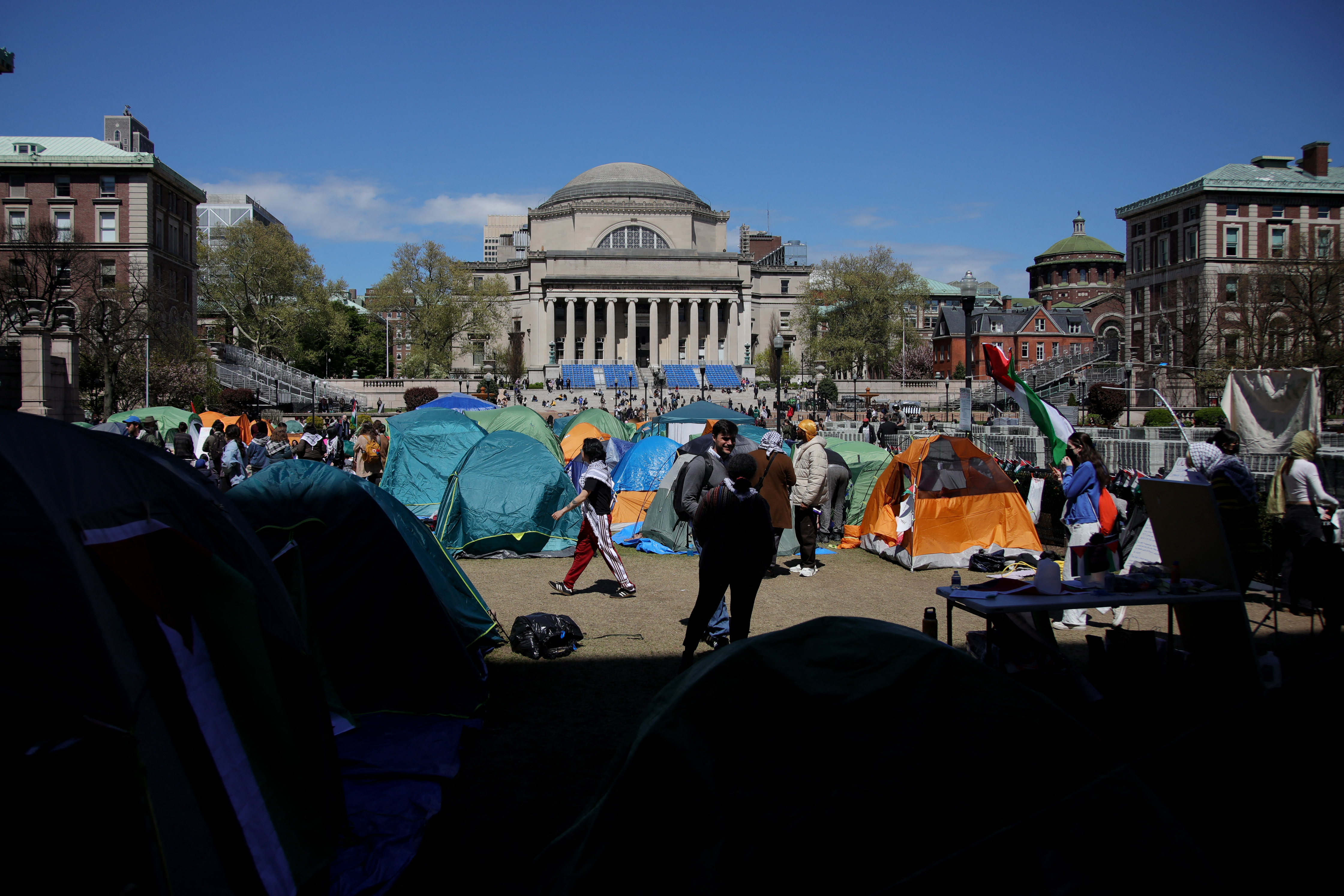New Jersey Gov. Chris Christie on Tuesday ordered sweeping restrictions on state authorities, boards and commissions to curb what he said was a disturbing pattern of wasteful spending.
In issuing his 15th executive order since being sworn in as governor a month ago, Christie directed all such agencies to terminate contracts with outside lobbyists as soon as legally permissible and banned the hiring of new lobbyists or the renewal of existing contracts without approval from the governor's office.
The governor also capped all travel by employees of the authorities at $250 unless otherwise approved by the governor's office.
"The independent boards, authorities, commissions, they spend billions of dollars every year of taxpayer money, fee money, toll money that is collected from the people of New Jersey and others," the governor said. "We intend to get these authorities under control."
Christie has ordered all state authorities heads to turn over all lobbying contracts to his office by March 1.
The governor also asked his Cabinet to evaluate the authorities under their purview and by May 15 recommend which ones should be cut and whether board members need compensation.
There are more than 700 authorities, boards and commissions in New Jersey — many of which are well-known for offering patronage jobs and for paying their chiefs more than the governor makes. While Christie only has control of the state ones, he has been openly critical of several of them, most notably the Passaic Valley Sewerage Commission, which operates one of the country's largest wastewater treatment plants. He has cited it as an example of lavish spending by an authority.
Local
The PVSC serves more than a million people in the state's three largest urban areas in North Jersey.
After Christie blasted the $290,730 salary of PVSC executive director Bryan Christiansen, which is $138,000 more than Christie's own, the governor said he was appalled to find that the commission had hired a lobbyist to try and get the governor to "tone down" his criticism of the agency and its spending.
According to PVSC spokesman Rich Ambrosino, in 2009 the PVSC spent $192,000 on state lobbyists and $120,000 on federal lobbying. Ambrosino said lobbyists worked primarily on environmental and regulatory matters that affect the sewer company.
By comparison, the Port Authority of New York and New Jersey spent $250,000 on lobbyists in 2009, according to the Center for Responsive Politics, a nonpartisan group that monitors political expenditures.
Christiansen decided to retire, effective March 1, and is the highest-paid employee in the state's pension system.
Christie's order would also get rid of so-called "golden parachutes" for authority employees, which offer large severance packages, even if an employee is fired. Were the PVSC to have fired Christiansen, he could have received up to twice his annual salary.
State authorities have long hired lobbyists, using state money to effectively try to influence state lawmakers.
Some lobbyists even get paid state pensions, including those that work for the New Jersey State League of Municipalities, the New Jersey Association of Counties and the New Jersey School Boards Association.
Legislators at one time granted taxpayer-paid pensions and health insurance to lobbyists from the League of Municipalities, School Boards Association, the Association of Counties and others.
Taxpayers are paying $1.3 million a year to 62 nongovernment retirees.
Assemblyman Paul Moriarty has introduced a bill to restrict such eligibility for lobbyists, a measure the governor supports.
"If anyone is coming into government service to get rich, than don't come," Christie said. "That's kind of economic stimulus is not the kind we are going to be in favor of."



